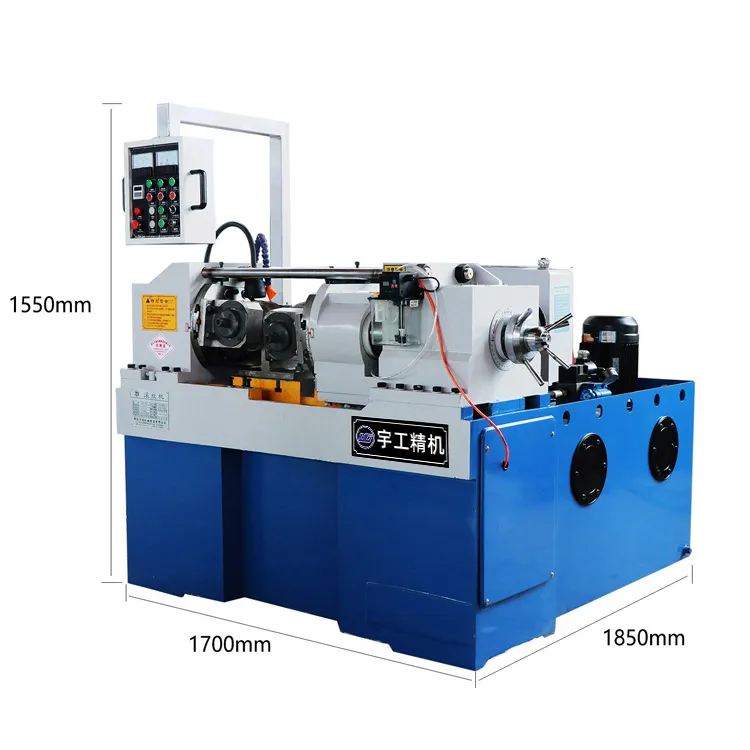
-
 Afrikaans
Afrikaans -
 Albanian
Albanian -
 Amharic
Amharic -
 Arabic
Arabic -
 Armenian
Armenian -
 Azerbaijani
Azerbaijani -
 Basque
Basque -
 Belarusian
Belarusian -
 Bengali
Bengali -
 Bosnian
Bosnian -
 Bulgarian
Bulgarian -
 Catalan
Catalan -
 Cebuano
Cebuano -
 Corsican
Corsican -
 Croatian
Croatian -
 Czech
Czech -
 Danish
Danish -
 Dutch
Dutch -
 English
English -
 Esperanto
Esperanto -
 Estonian
Estonian -
 Finnish
Finnish -
 French
French -
 Frisian
Frisian -
 Galician
Galician -
 Georgian
Georgian -
 German
German -
 Greek
Greek -
 Gujarati
Gujarati -
 Haitian Creole
Haitian Creole -
 hausa
hausa -
 hawaiian
hawaiian -
 Hebrew
Hebrew -
 Hindi
Hindi -
 Miao
Miao -
 Hungarian
Hungarian -
 Icelandic
Icelandic -
 igbo
igbo -
 Indonesian
Indonesian -
 irish
irish -
 Italian
Italian -
 Japanese
Japanese -
 Javanese
Javanese -
 Kannada
Kannada -
 kazakh
kazakh -
 Khmer
Khmer -
 Rwandese
Rwandese -
 Korean
Korean -
 Kurdish
Kurdish -
 Kyrgyz
Kyrgyz -
 Lao
Lao -
 Latin
Latin -
 Latvian
Latvian -
 Lithuanian
Lithuanian -
 Luxembourgish
Luxembourgish -
 Macedonian
Macedonian -
 Malgashi
Malgashi -
 Malay
Malay -
 Malayalam
Malayalam -
 Maltese
Maltese -
 Maori
Maori -
 Marathi
Marathi -
 Mongolian
Mongolian -
 Myanmar
Myanmar -
 Nepali
Nepali -
 Norwegian
Norwegian -
 Norwegian
Norwegian -
 Occitan
Occitan -
 Pashto
Pashto -
 Persian
Persian -
 Polish
Polish -
 Portuguese
Portuguese -
 Punjabi
Punjabi -
 Romanian
Romanian -
 Russian
Russian -
 Samoan
Samoan -
 Scottish Gaelic
Scottish Gaelic -
 Serbian
Serbian -
 Sesotho
Sesotho -
 Shona
Shona -
 Sindhi
Sindhi -
 Sinhala
Sinhala -
 Slovak
Slovak -
 Slovenian
Slovenian -
 Somali
Somali -
 Spanish
Spanish -
 Sundanese
Sundanese -
 Swahili
Swahili -
 Swedish
Swedish -
 Tagalog
Tagalog -
 Tajik
Tajik -
 Tamil
Tamil -
 Tatar
Tatar -
 Telugu
Telugu -
 Thai
Thai -
 Turkish
Turkish -
 Turkmen
Turkmen -
 Ukrainian
Ukrainian -
 Urdu
Urdu -
 Uighur
Uighur -
 Uzbek
Uzbek -
 Vietnamese
Vietnamese -
 Welsh
Welsh -
 Bantu
Bantu -
 Yiddish
Yiddish -
 Yoruba
Yoruba -
 Zulu
Zulu
HSN Code for Thread Rolling Machine and Its Import Regulations Explained
Understanding the HSN Code for Thread Rolling Machines
In today’s global trade environment, the Harmonized System Nomenclature (HSN) has become essential for classifying goods and services. One of the critical machines used in various manufacturing processes is the thread rolling machine, which plays a significant role in producing high-quality threaded components. Understanding the HSN code for these machines is crucial for manufacturers, importers, and exporters alike.
What is a Thread Rolling Machine?
A thread rolling machine is an essential piece of equipment used to create threads on cylindrical products. It operates on the principle of deforming the material through rolling instead of cutting, which enhances both the strength and precision of the threads produced. These machines have applications across various industries, including automotive, aerospace, and construction, where high-quality threaded components are necessary for assembly and operation.
Importance of HSN Codes
The HSN code is a standardized numerical method of classifying goods. Implemented by the World Customs Organization (WCO), the HSN code system enables countries to collect, analyze, and report trade data uniformly. For businesses dealing with international trade, understanding the correct HSN code for their products is critical to ensuring compliance with customs regulations and avoiding penalties.
HSN Code for Thread Rolling Machines
The specific HSN code for thread rolling machines falls under the broader category of machinery used for working metal. Generally, these machines can be classified under HSN Code 8462. This category includes various types of machine tools for machining or forming metal, which are utilized in a range of industrial applications.
When classifying thread rolling machines, it's important to consider the machine's specifications and the materials it processes. For instance, if a machine is specifically designed for rolling threads on steel or other metals, it may have a more specific sub-category under the general HSN code of 8462. This ensures appropriate customs duties and tariffs are applied, which can vary significantly between different jurisdictions.
Benefits of Correct HSN Classification
thread rolling machine hsn code

1. Smooth Customs Clearance Correct HSN classification facilitates smoother customs clearance by minimizing the risk of delays due to misclassification or incorrect documentation.
2. Accurate Duty Assessment HSN codes determine the tariffs and duties levied on imported goods. Accurate classification ensures that businesses pay the appropriate amount, avoiding overpayments or unexpected surcharges.
3. Data Collection and Market Analysis Accurate HSN classification allows governments and businesses to gather data for market analysis. Understanding trade flows related to thread rolling machines can aid in strategic planning and market forecasting.
4. Enhanced Compliance For companies operating in multiple countries, staying compliant with local regulations regarding classifications and customs can be complicated. A thorough understanding of HSN codes helps streamline operations and maintain compliance.
Challenges in HSN Classification
While the HSN system offers numerous benefits, accurately classifying goods can be challenging. Manufacturers may not always be familiar with the nuances of HSN codes, particularly when it comes to specialized machines like thread rolling machines. Misclassifications can occur, leading to complications in import/export processes.
To mitigate these challenges, businesses are advised to work closely with customs brokers and trade compliance experts who can provide guidance on the appropriate classifications. Regular training and updates on HSN codes can also be beneficial, especially with frequent changes and updates to the system.
Conclusion
The HSN code for thread rolling machines is a key component of global trade compliance, impacting everything from customs clearance to cost management. As industries continue to expand and international trade grows, understanding the significance of proper HSN classification will be crucial for manufacturers and businesses alike. With this knowledge, companies can better navigate the complexities of international commerce and ensure the efficient operation of their supply chains.
